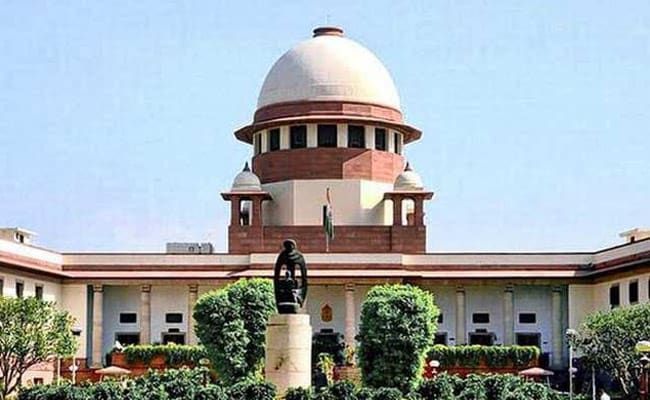New Delhi:
Supreme Court acquits a death row convict in the rape and murder of a six-year-old girl.
The court said that the court cannot make an innocent victim of injustice to compensate for the injustice done to the victim of the crime.
Making this observation, the court acquitted a man sentenced to death for the rape and murder of a six-year-old girl.
The court observed that there is a serious contradiction in the statements made by the prosecution witnesses.
Both the trial court and the high court completely ignored it.
A bench of Justice S Abdul Nazeer, Justice AS Bopanna and Justice V Ramasubramaniam took this decision.
The order also said that the accused is so poor that he was not in a position to bear the cost of having a lawyer to represent him in the trial court.
After several requests in the court, he was provided the services of a lawyer.
The bench also criticized the prosecution for not investigating the matter properly.
The bench said that we cannot deny that this is a gruesome case of rape and murder of a six-year-old girl.
The prosecution has done injustice to the victim's family by not doing the investigation properly.
The guilt was framed on the appellant without any evidence.
The prosecution has also done injustice to the appellant.
The court cannot make anyone a victim of injustice to compensate for the injustice done to the victim of the crime.
In fact, the prosecution's case was that on the occasion of Holi, he took his six-year-old niece on the pretext of showing dance and song performance and then raped and killed her.
The case is of Shravasti in Uttar Pradesh.
The sessions court convicted him under sections 302 and 376 of the IPC and sentenced him to death.
The Allahabad High Court, rejecting his appeal, confirmed the death sentence.
After which the matter reached the Supreme Court.
The court said that the accused had to say from the very beginning that he was implicated at the behest of a powerful man whose wife is the head of the village.
Referring to the evidence on record, the bench said that there were many contradictions in this.
There were contradictions regarding the first sighting of the body by the police, the place where the body was taken as well as the place, date and time of conducting the investigation.
The court also said that the delay of five days in sending the FIR to the court of jurisdiction, particularly in the facts and circumstances of the case, was fatal.
The court also said that the prosecution did not even bother to get the accused examined by a doctor.
